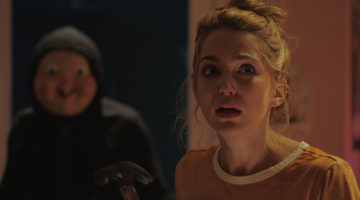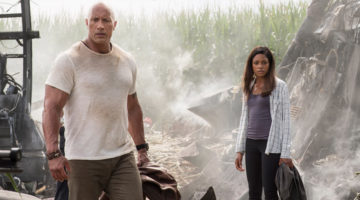Locarno Review: Journey of Hope
Journey of Hope won the Best Foreign Film at the 1990 Academy Awards, and plays Locarno as a twenty-fifth anniversary screening, with a brand new cut. In a way, this screening is sort of celebratory, as the film debuted at Locarno in 1990, a sort of homecoming for Swiss director Xavier Koller. Certainly, the movie looks magnificent, capturing the action in a way that looks like it was shot recently. In a sense, the Best Foreign Film was still in its infancy. Despite being given out competitively since 1956, the films were often unseen outside of their countries of origin. This habit changed with the previous year’s winner, Cinema Paradiso, which was distributed by Miramax, and was said to resuscitate the Italian film industry. Journey of Hope has perhaps received less attention than the Tornatore film, which may be in part because Cinema Paradiso is nostalgic, while Journey of Hope is far more set in the present.
Interestingly, this present is much 2016 as it is 1990, when the film first was released. Essentially, it’s an emigrant story, about a family leaving the stability of their Turkish village for the hope of a new life in Switzerland. Journey of Hope is as much about the journey (of the title) as the destination, and feels very much in the present tense in a year in which immigration is such a hot button issue, (and the feeling continues into November). Obviously, the experience that Heydar and Meryem (Necmettin Çobanoglu and Nur Sürer) encounter isn’t as picture perfect as the postcard received that inspires the journey in the first place. Nor is it an easy one, as the underground railroad forged by Turks leads them into places that are nowhere close to the desired goal of arriving in Switzerland.
There are many obstacles set up in the path of Heydar and Meryem, along with one son, (as the rest of the family does not come). In order to make it to the “Paradise Beyond the Mountains”, there is the unspoken idea that the trip is one of a discovery. In the film, the simple Kurdish farming life left behind does not look hopeless or terribly impoverished, and the Swiss are not villainous, nor is the idea floated that the jobs on offer marginal. There is much left unsaid that perhaps opens the conversation to further discussion of immigration. The journey is by no means close to its completion.
[star v=35]






